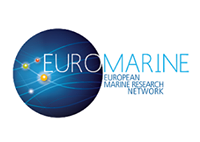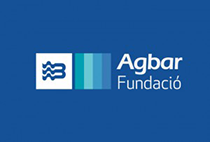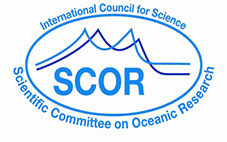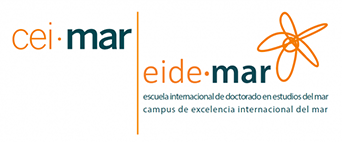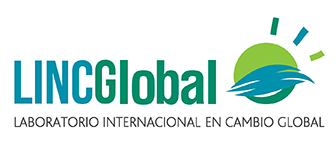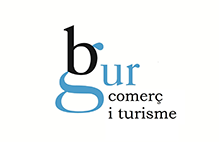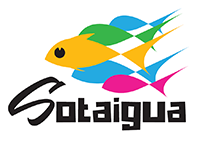Presentation of the edition
We believe is a good time to go back to the topic of the first edition but, placing the emphasis on the way living and non-living ocean processes are structured in spatial and temporal patterns, how physical-biological interactions favour diversity and persistence of the community, and how these interactions give rise to complexity and the living Earth.
The topic of the 2017 Ramon Margalef Summer Colloquium will be “Spatial and temporal patterns in physical-biological oceanic processes: from scale interaction to the rise of the living ocean”.
This holistic perspective, which essentially says that the full complexity is much more than the sum of the individual processes, has been traditionally neglected because of two principal difficulties: the interaction between physical and biogeochemical processes, which requires a transversal and interdisciplinary approach, and the interplay of processes taking place at many different spatial and temporal scales, which demands a frank communication between researchers typically working on quite distinct topics.




